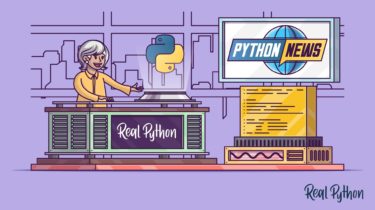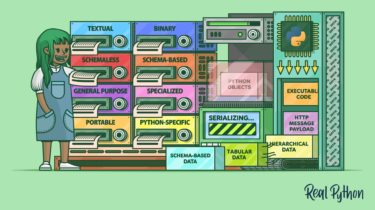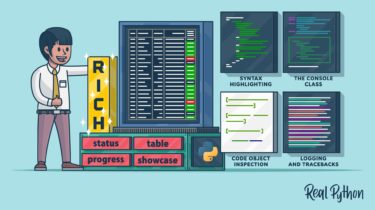Python News: What’s New From November 2023
November brought exciting news to the Python community, from PyPI’s first security audit to a new version of PyScript! The month also gave Python developers like you ample opportunities to get involved in the ecosystem through the annual Python Developers Survey and the PyCon US call for proposals. Development has also continued on Python 3.13 and Pydantic. Get ready to explore the recent highlights! PyPI Completes First Security Audit With the support of the Open Technology Fund (OTF), the Python […]
Read more




